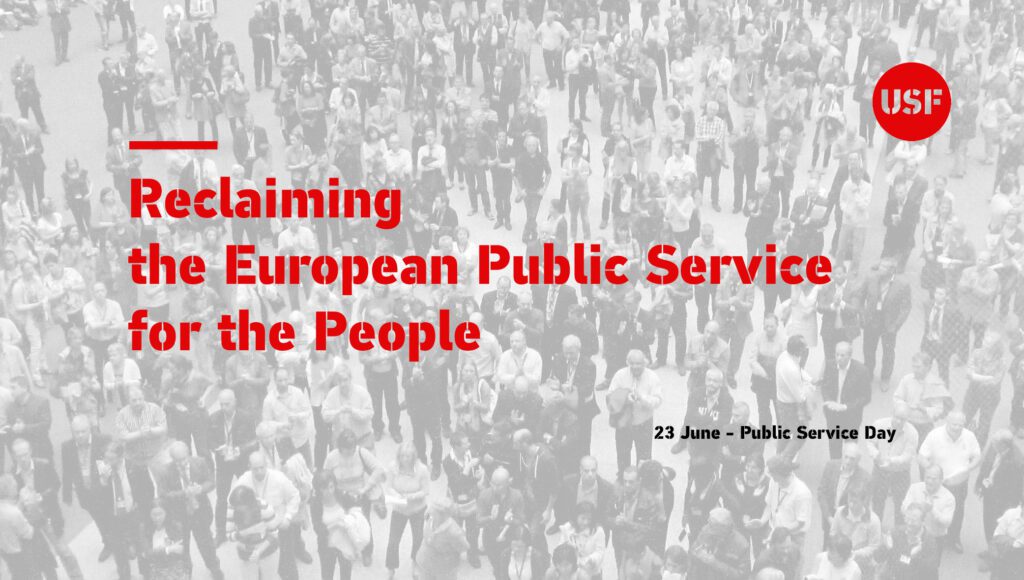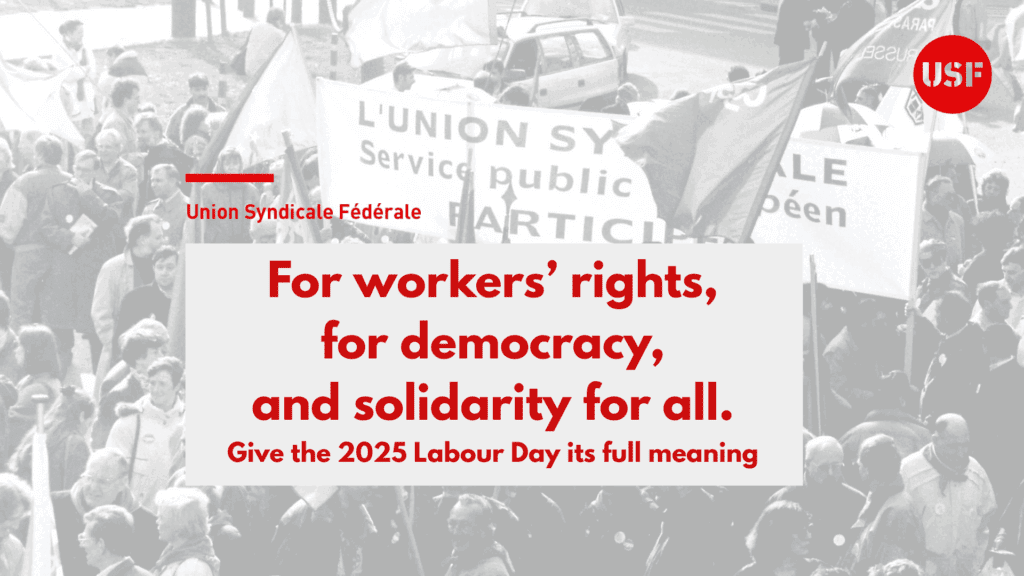European Parliament plenary debate on 2 February 2016 on TiSA
For information, find below, the concluding words of Cecilia Malström (Commissioner), of Viviane Reding (rapporteur) and the press release of GUE/NGL.
Finally the President of Parliament, – after several interventions in plenary against sending back the report to INTA – , decided not to oppose the number of amendments and the report will go to the vote on Wednesday.
Cecilia Malmström, Member of the Commission:
Mr President, thank you for this possibility to discuss this very important agreement that we are negotiating. TiSA is an opportunity to create a global playing field for trade in services. That has great potential for the economy globally but especially for Europe, because the European Union is quite open to other investment – but we need as well to ensure that our companies can also invest abroad. The GATS Agreement really needs to be updated in order to take into account the new global realities and create, as some of you said, the legal certainty that is so important to get this right. Because I absolutely agree, free trade is not something good per se ; free trade is a means to create jobs, goods and investment. But of course it needs to be surrounded by certain regulations and certain rules.
The aim is to make this a multilateral agreement. I fully share your concerns on this, and that is why the EU has been so eager to try to make the architecture as open and as inclusive as possible, so that gradually more countries will join, so that we can bring it under the premises of the WTO. It is a fact that the GATS Agreement does not contain obligations to sign up to the ILO, but that does not mean that we are not pushing for this. The European Union is always pushing for countries, in all kind of relations – including trade, of course – to sign up to the key WTO conventions, and we are continuing to do this as well. Public services – audio-visual services – are always excluded in our agreements. That is very clear in the mandate we have from the Member States. It is very clear from what you have said today, but also earlier on this. Public services such as education, health, water supplies and audio-visual services are excluded. They do not need to be privatised, and if they are privatised there is nothing in this agreement, nor in TTIP or in any other agreement, that will prevent the local, regional or national level if there is a political decision to bring it back to the public sector if that is the political decision.
Also the right to regulate in a non-discriminatory way is not affected. Authorities on all levels can legislate on, for instance, environmental and health standards as they wish, and this will not change.
On transparency, as you have seen, we have really tried to make the EU contribution to this as transparent as possible. Most of the EU proposals, and a summary after each negotiation round, are on line. You as MEPs have access to all documents. But this is a negotiation that we lead together with 22 other countries, and there is no way we can legally publish the proposals of Peru, Australia, New Zealand, Turkey, Pakistan, etc. That has to be their decision. I deplore the fact that they have not chosen to be as transparent as we have, but we cannot publish this, and that is why sometimes proposals, even draft proposals from a given country, appear on the internet, leaked. That does not mean that they are actually part of the negotiation ; it is a proposal or a draft for one country. Many of these – you referred to some of them – have been immediately rejected by us and others as well. But we will continue to try to see if we can make this even more transparent and to make sure you are as included and as engaged as possible.
In the end you will, of course, like the Member States, have your say on this. We are negotiating TiSA based on the mandate given to us by 28 countries, and you also had your say on this when it started. I am very mindful of the concerns that you have expressed here – we are taking them on board and we will continue to do so – and of the concerns that that many people have outside this whole House. But I am also very mindful that we still have huge unemployment in this European Union, that millions of people are still without jobs, and TiSA and other trade agreements are a way to create jobs and investment and growth in Europe, which desperately needs it. So we need to find a balance there.
I think that with your input in the resolution, the debate we will have and the continued negotiations – as I said, there is a round as we talk this week, and we will debrief you from that immediately when it is over – jointly we can make this agreement that finds the right balance that so many of you are asking for, and I will be happy to continue to engage with you. Thank you Ms Reding for the fantastic work you have done to get such a broad majority, also all the other committees for your involvement in this, and the shadow rapporteur.
Read the rest of the EP plenary debate on TiSA here.




